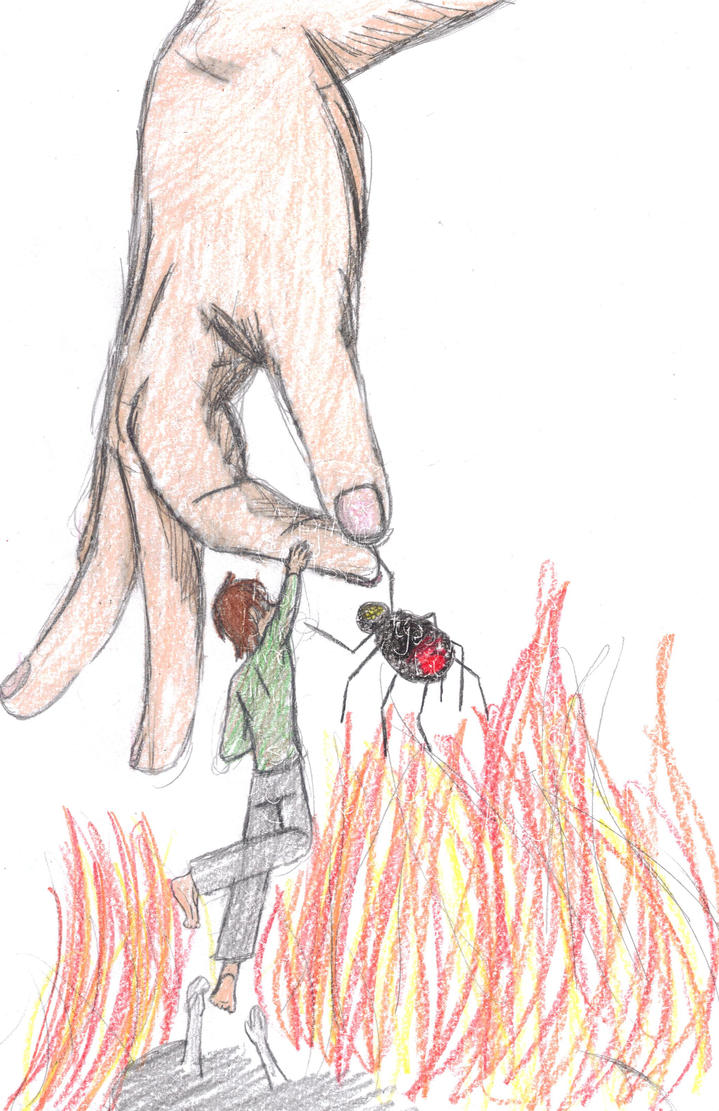This week we were asked, "What is one theme [Hughes] creates? How does the verisimilitude foster the theme?" In his poems, Langston Hughes was able to show that African American people still face racism and segregation everyday. In one poem, "The Weary Blues", Hughes tells the story in first-person narrative, giving the appearance that he is there "...down on Lenox Avenue the other night". The colloquialisms he uses, "Ain't got nobody but ma self" allows the reader to believe that these black men feel isolated and alone but at the same time places the reader in that time period. In "I, Too, Sing America", Langston Hughes writes optimistically, hoping for a better tomorrow for black people. Again, he creates verisimilitude by placing himself in the situation, writing in first-person, "They'll see how beautiful I am and be ashamed". Lines like these strike the reader as true. They can feel his pain and emotion through his writing and his want for a better life for African Americans. And lastly in "The Negro Speaks of Rivers", Hughes outlines his history. However, instead of alluding to his ancestors directly, Hughes uses words like "I" and "my", writing again in first-person. By creating this verisimilitude that he had been there over all these years, Hughes shows that black people have persevered a lot and that they have gained much knowledge "deep like the rivers". Overall, Langston Hughes used first-person to give the appearance of his presence in each situation. By doing this, the theme of each of his poems is expressed.





